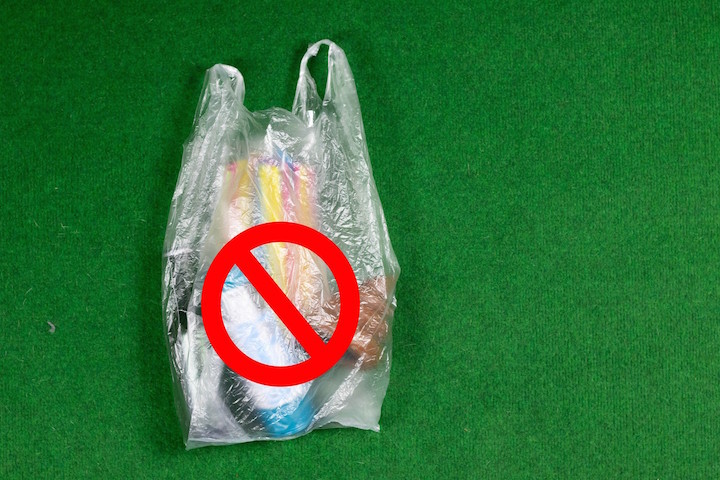In the Philippines, 60 billion sachets and 17.5 billion plastic bags are thrown each year. With this, some of us have probably been asking the same thing: Is it Possible to Ban Single-Use Plastics in the Philippines?
With regard to the issue of single-use plastics, CNN Philippines posted news about Senator Pangilinan who filed a bill that seeks to phase it out.
The full caption stated: “READ: Senator Kiko Pangilinan files bill seeking to phase out single-use plastics by prohibiting its importation, manufacture, and use in food establishments, stores, markets, retailers.”
In the past, we’ve received distressing reports like ‘Tahong’ Samples Testing Positive for Microplastics, but we’ve also heard of exceptional news such as the Filipino engineer who uses plastic garbage to create school chairs and scientists turning Shrimp Shells into Eco-friendly Plastic.
(RELATED: 7 Products that are Made Out of Recycled Plastic)
Pangilinan’s Senate Bill 40, also called the Single-Use Plastics Regulation and Management Act of 2019, proposes a ban on using, importing, and manufacturing all single-use plastics.
Pointing out our country’s incapability to manage our waste, the Senator cited a study with the title “Plastic Waste Inputs From Land Into Ocean”, a 2015 study by the United Nations Environment Programme which reports 81% out of 6,237,653 kgs of plastic waste per day is mishandled in the Philippines.
Retailers shall charge consumers with a minimum fee of five pesos for each single-use plastic piece that has been manufactured and is currently in circulation. The business 20% will keep from the total amount and the 80% left shall be regularly remitted to the Special Plastic Fund to be created under the bill.
With the ban including plastic products used in food establishments, stores, markets, retailers, this entails items such as cutlery, cups, straws, sachets, shopping bags, and many more.
After the bill is passed, the ban would take full effect after one year in which it will also penalize those who do not follow and an incentive will be given to those who will recycle or reuse.
What do you think of this story? Share your thoughts with us in the comments section below!





